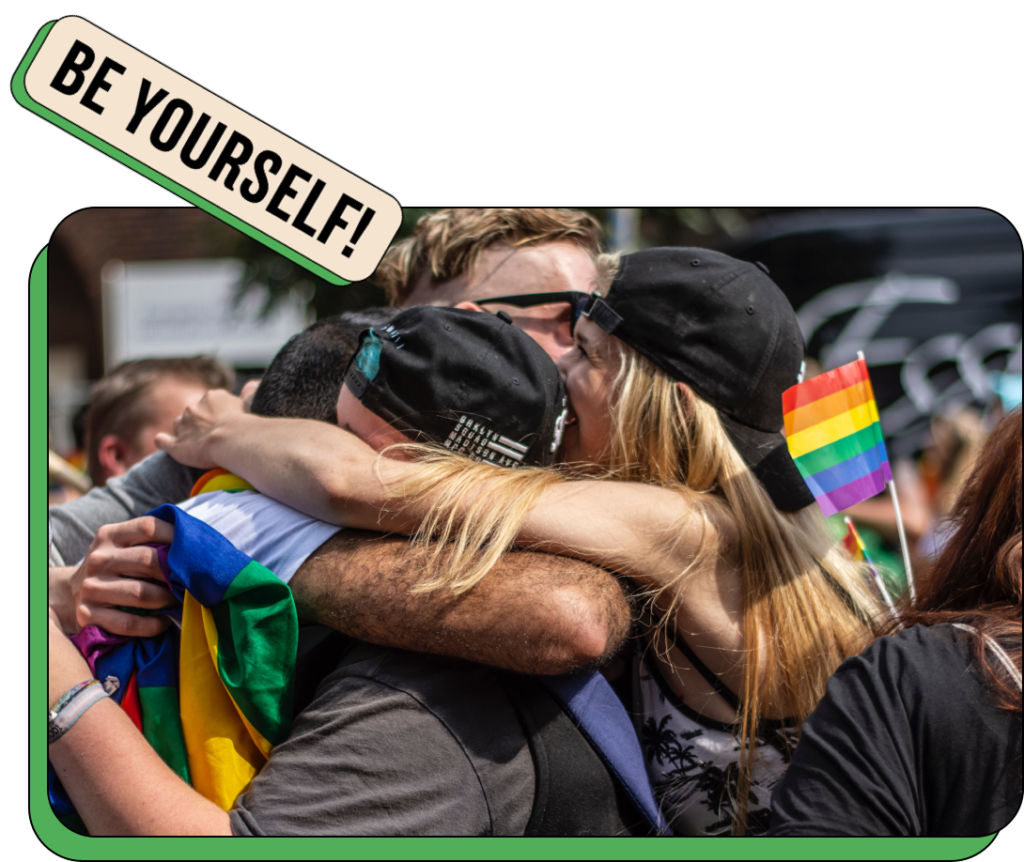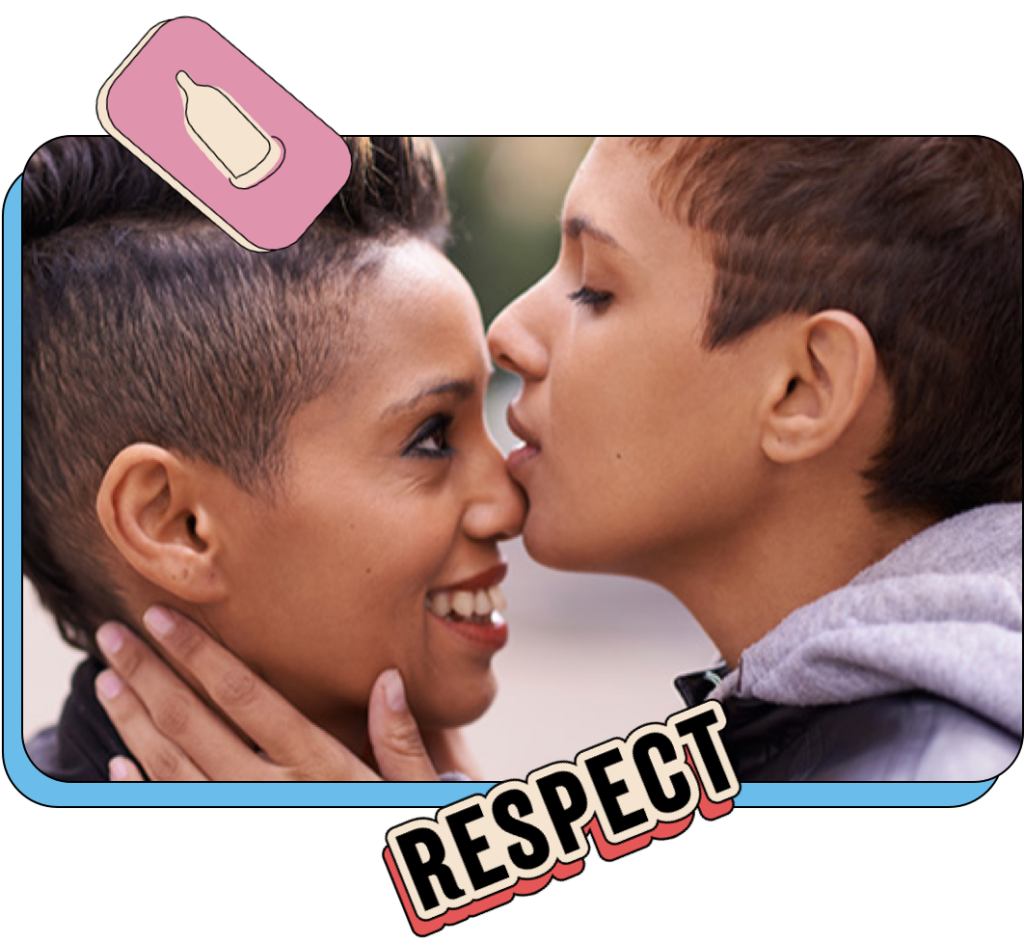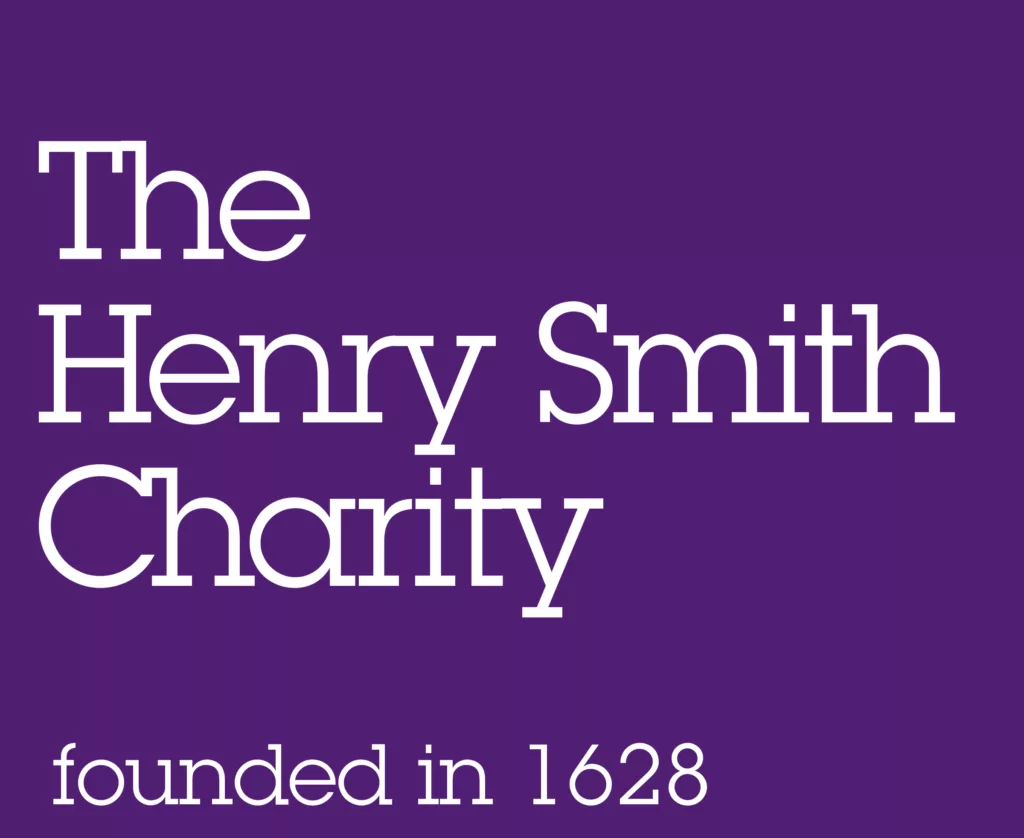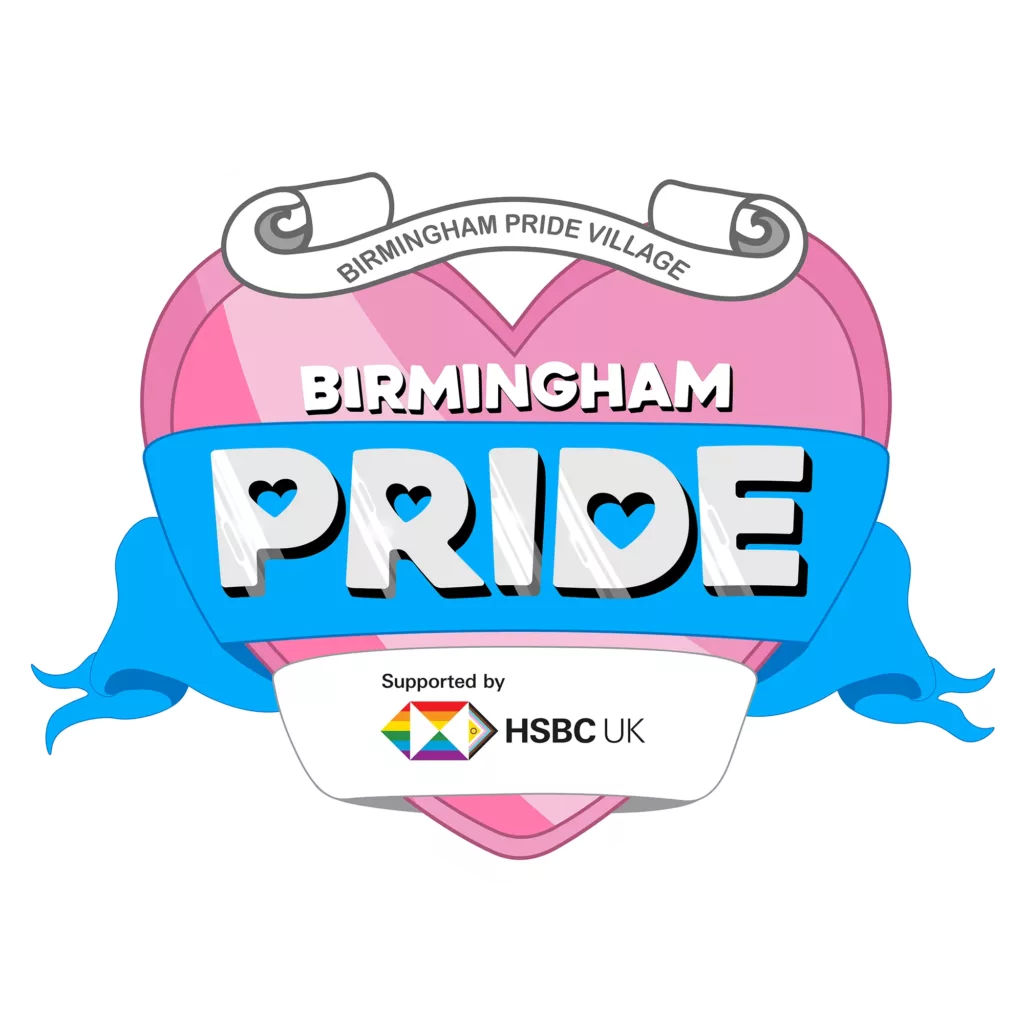SERVICES
We offer a range of services for the LGBTQ+ Community in Birmingham and beyond. Including sexual health, domestic violence, counselling, wellbeing support and more.

WHAT’S ON
From nearly forty voluntary and community groups, which are the lifeblood of the community, to over 15 bars and clubs in the Gay Village in Southside, Birmingham offers something for all LGBTQ+ people.

SPECIALIST SERVICES
We pride ourselves on being one of the only LGBTQ+ centres in the West Midlands that offer specialised support workers for trans people, lesbian and bi women, South Asian and Middle Eastern men, and African and Caribbean men.
Sign up to our newsletter to receive the latest news and updates











